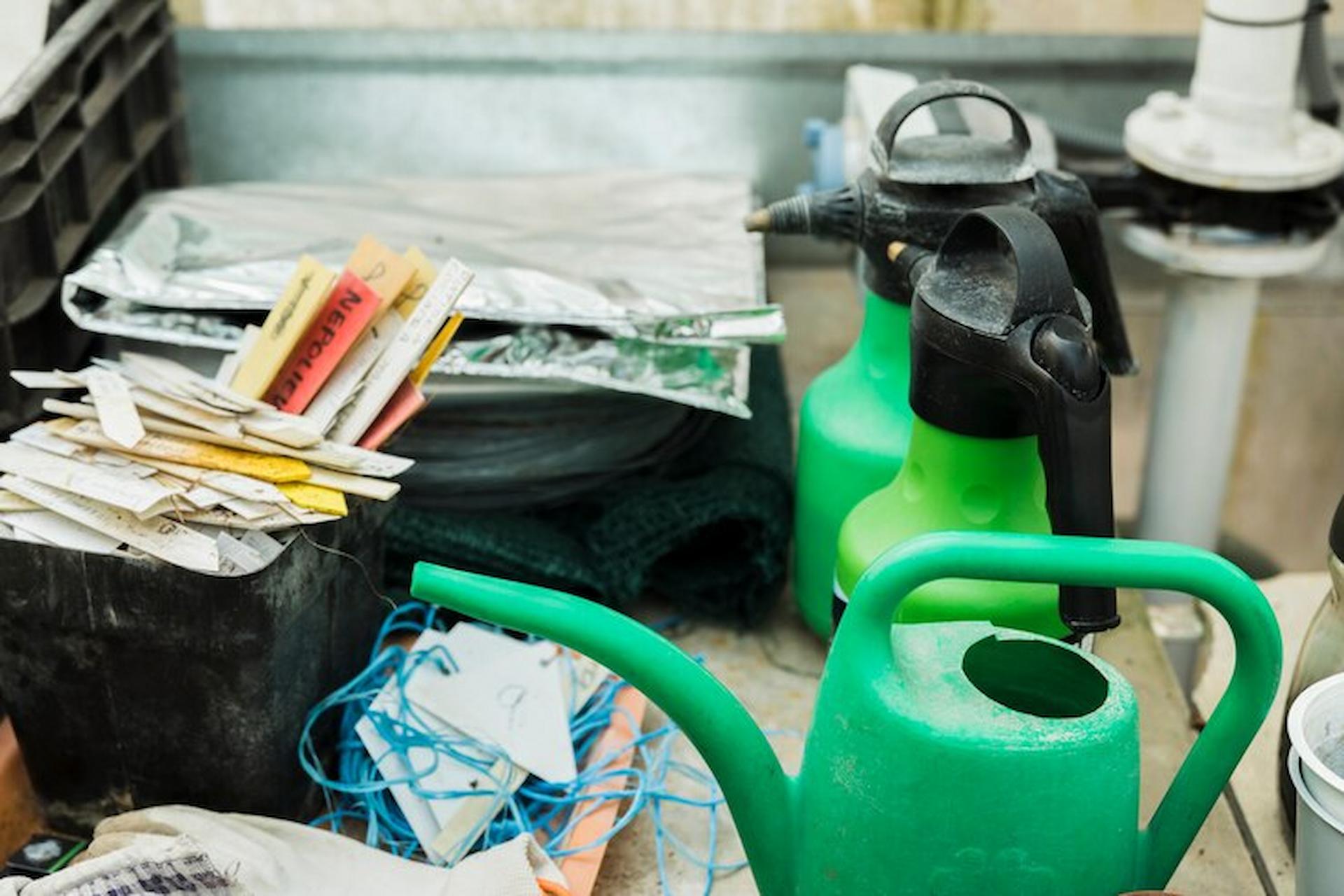The illegal dumping of waste is a growing problem in many communities. It creates an eyesore, attracts vermin, and poses a health hazard. If you’ve found yourself the unfortunate recipient of fly-tipped waste, don’t despair! Here’s a comprehensive guide with top strategies for quick and effective removal, helping you reclaim your property and promote a cleaner environment.
Understanding the Fly-Tipping Landscape
Before tackling the removal, it’s crucial to understand the type of waste involved. Here’s a breakdown of common fly-tipped items:
Household Waste: This includes general rubbish, furniture, appliances, and garden waste.
Building Waste: Construction debris, bricks, and timber are common culprits.
Hazardous Waste: This includes paint, chemicals, and electrical appliances, requiring specialised disposal procedures.
Assessing the Situation
Safety is paramount. Here’s a quick checklist before proceeding:
Personal Protective Equipment (PPE): Wear gloves, sturdy shoes, and a mask for dust protection, especially for hazardous materials.
Sharps and Broken Glass: Be cautious and avoid direct contact. Consider professional removal if necessary.
Hazardous Materials: Do not attempt to remove hazardous waste yourself. Report it to the local authorities for safe disposal.
Quick Removal Strategies for Manageable Fly-Tipping
If the fly-tipping is manageable in size and doesn’t involve hazardous materials, consider these strategies:
Gather Necessary Equipment: You’ll need sturdy bags, gloves, a trash grabber, and a shovel for larger items. For significant waste volumes, consider borrowing or renting a skip bin.
Sorting and Separation: Separate recyclable materials like cardboard and plastic for proper disposal. This reduces landfill burden and promotes responsible waste management.
Local Council Services: Most local councils offer bulky waste collection services. Check their website or call to enquire. This is a cost-effective option for bulky household items.
Community Action: Involve your neighbors! Organise a community clean-up day to tackle more significant fly-tipping issues. It’s a great way to promote teamwork and neighbourhood pride.
When Professional Help is the Right Move
For extensive fly-tipping, hazardous waste, or situations requiring specialised equipment, seeking professional help is the best course of action. Here’s why:
Expertise and Equipment: Professional waste removal companies have the expertise and specialised equipment to handle large volumes and complex materials safely and efficiently.
Safe Disposal: They ensure proper disposal of waste according to environmental regulations, minimising environmental impact.
Time-Saving: Hiring professionals frees up your valuable time and ensures the job is done correctly.
Reporting Fly-Tipping: Take a Stand
Fly-tipping is illegal. Reporting it to the local authorities is crucial to deter further incidents and hold perpetrators accountable. Here’s how to report:
Contact your local council: They have the authority to investigate and take appropriate legal action.
Gather Evidence: Take photos or videos of the fly-tipping, including any identifying details like packaging or specific waste types.
Conclusion: Keeping Your Community Clean
Fly-tipping removal can be frustrating, but with proper planning and strategies with fly tip waste removal Maidenhead, you can reclaim your property and promote a cleaner environment. Remember, we can all work towards a cleaner and healthier community by reporting fly-tipping and encouraging responsible waste management practices.

